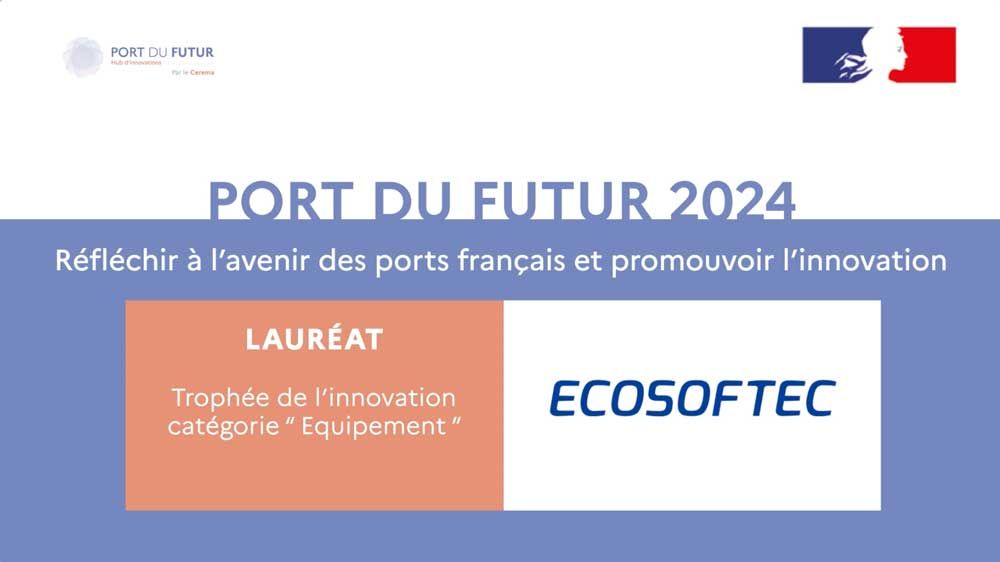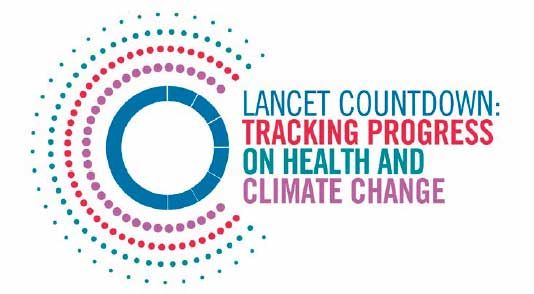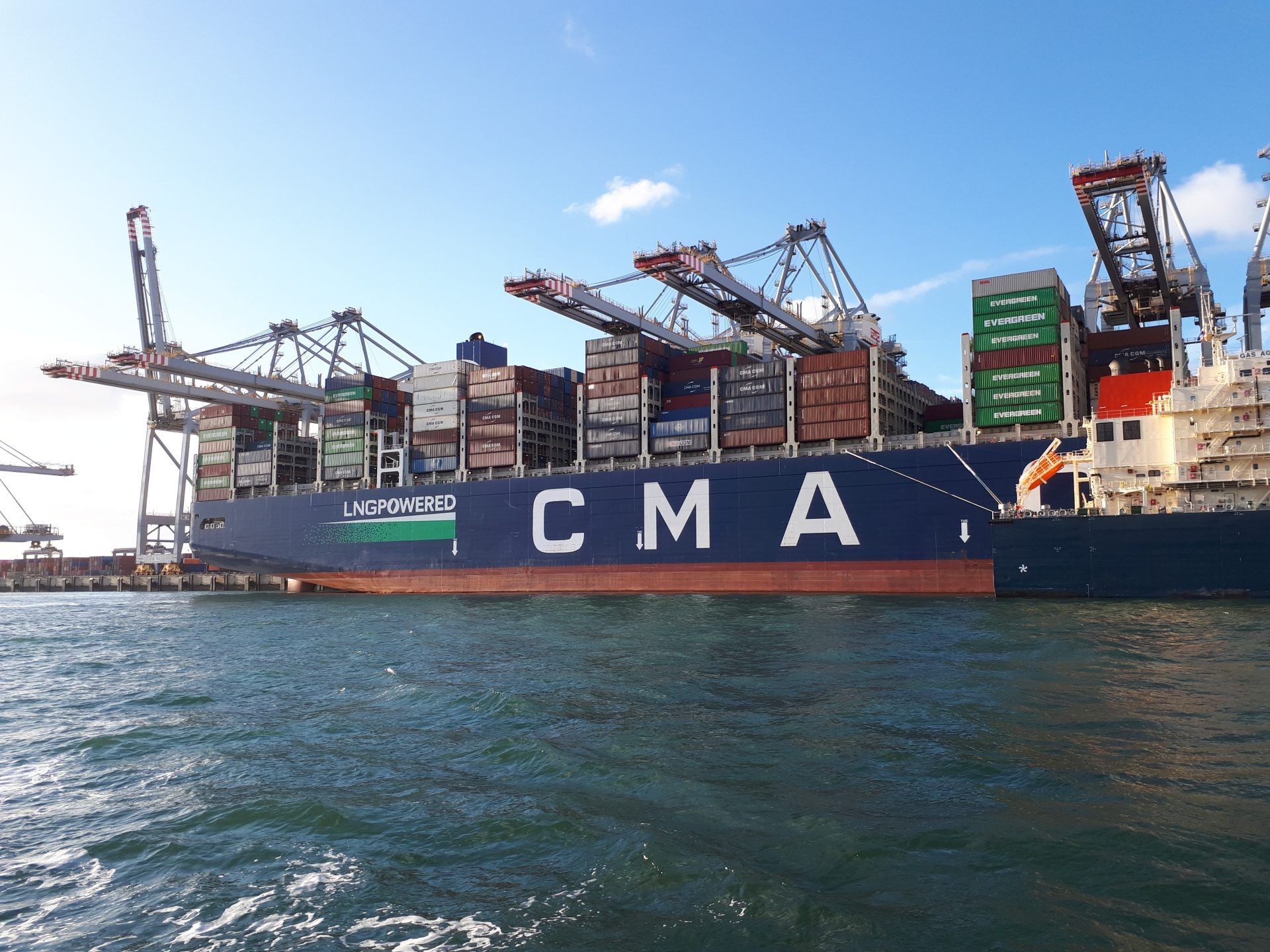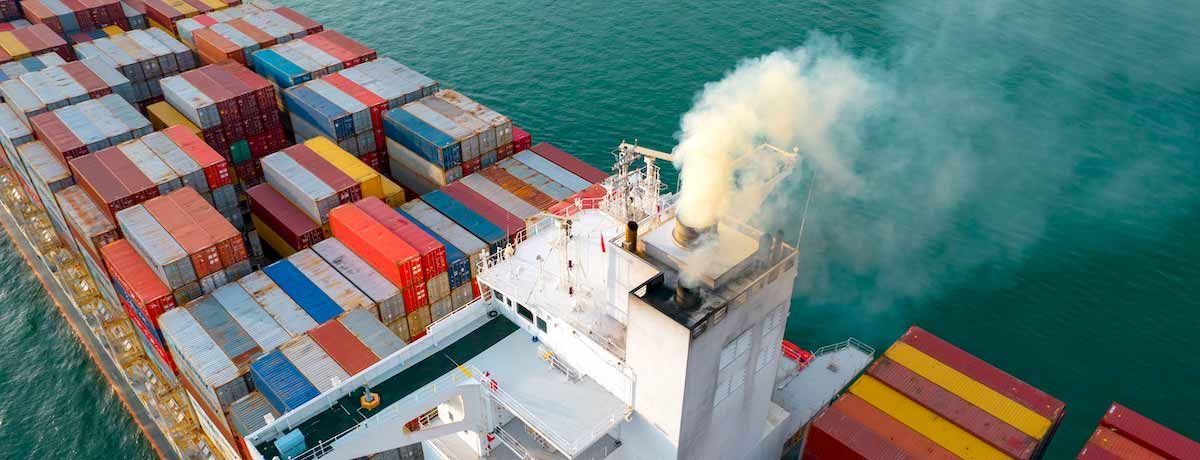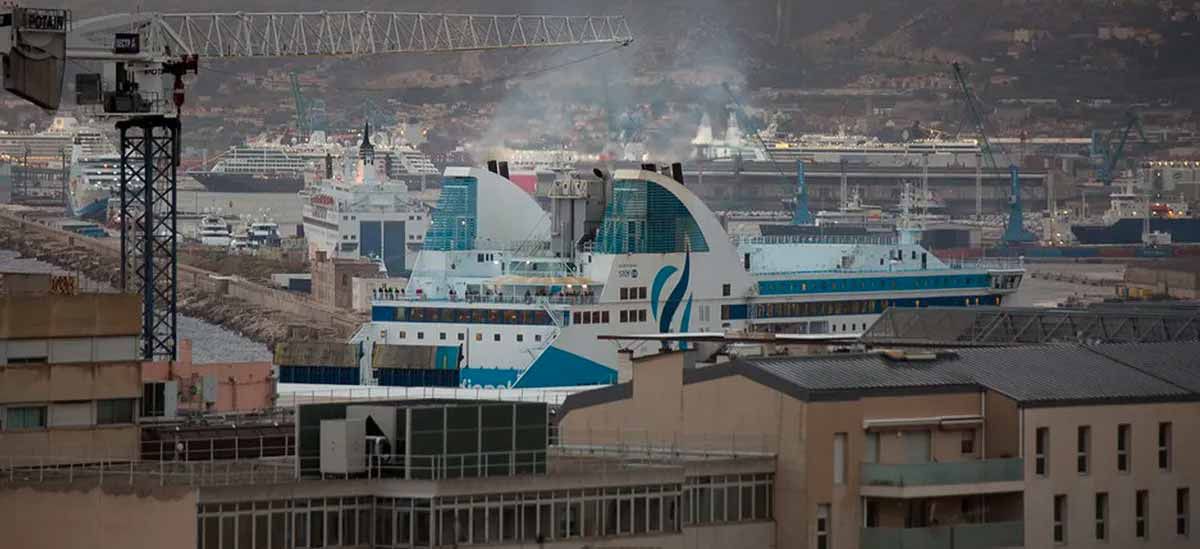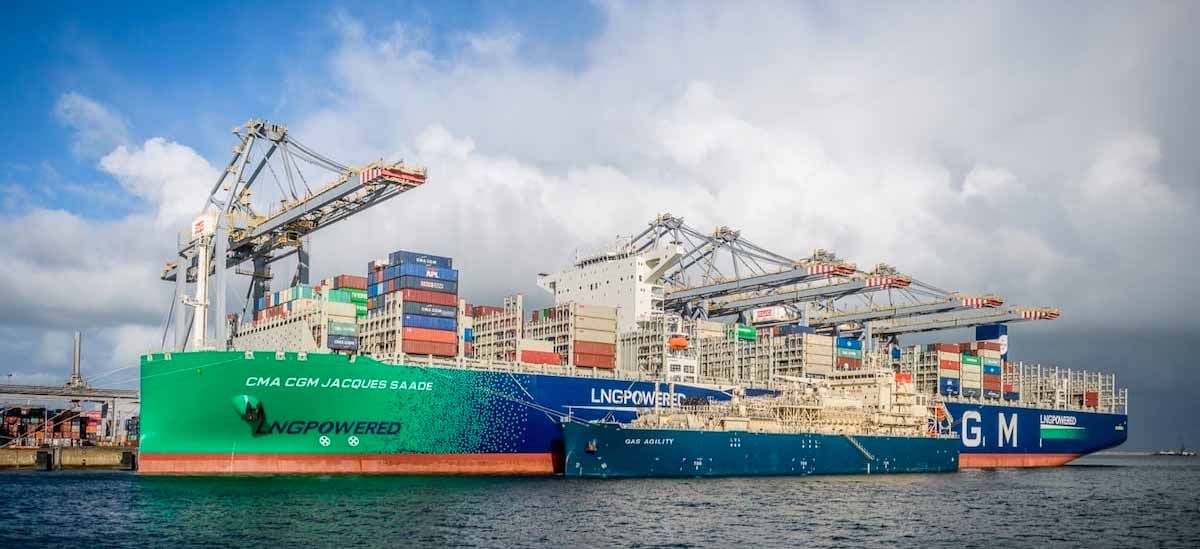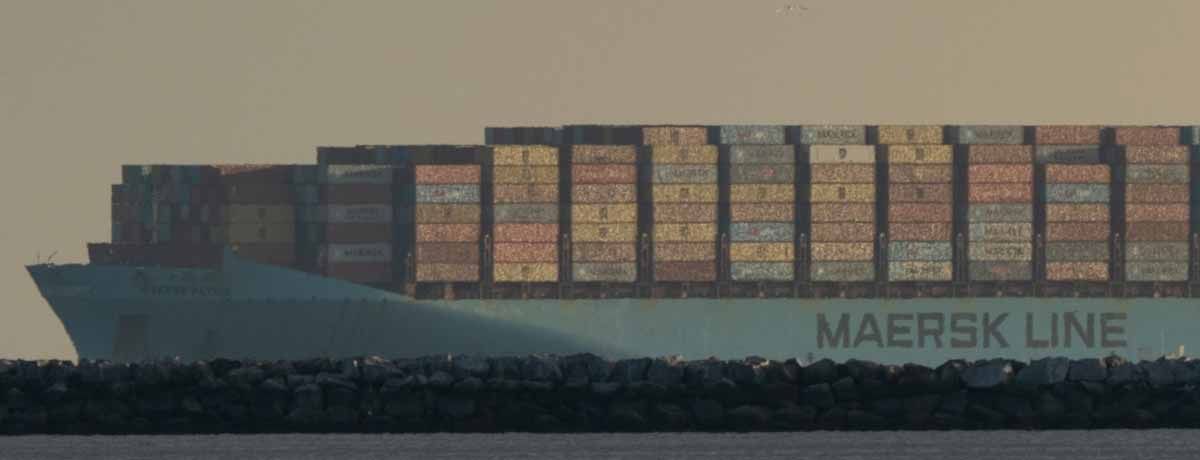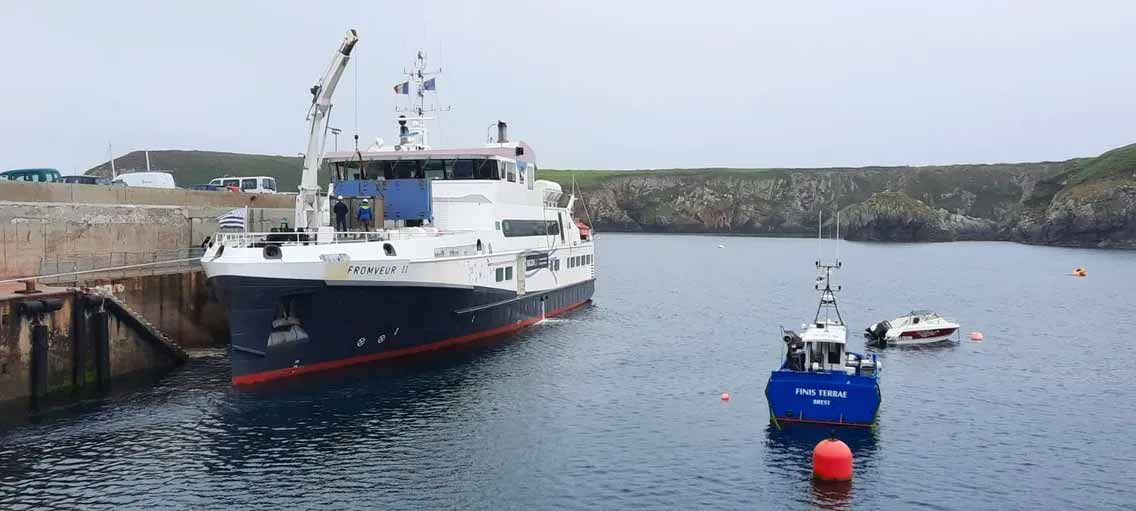Si le rôle de certains polluants de l’air est aujourd’hui reconnu dans certains cancers chez l’adulte, il n’est pas encore établi dans le cas des leucémies aiguës chez l’enfant. Une équipe de l’Inserm, en collaboration avec l’Université Sorbonne Paris Nord, l’Université Paris Cité et INRAE[1], a utilisé les données issues de l’étude GEOCAP-Birth fondée sur le registre national des cancers de l’enfant[2] pour évaluer le risque de leucémie aiguë en fonction de l’exposition résidentielle aux polluants de l’air au moment de la naissance. Leurs résultats, parus dans Environmental Health, montrent des associations significatives entre l’exposition à certains polluants de l’air et la survenue des deux principaux types de leucémies pédiatriques.
La leucémie aiguë est le cancer le plus fréquent...
633 / 5 000 Impacts sanitaires des véhicules diesel soupçonnés d'utiliser des dispositifs d'invalidation interdits dans l'UE et au Royaume-Uni
<h3>Émissions du transport routier</h3>Le transport routier est une source majeure de pollution atmosphérique et d'impacts sanitaires associés, en raison de ses émissions d'oxydes d'azote (NOX), notamment dans les zones densément peuplées. Les émissions de NOX augmentent également les niveaux de dioxyde d'azote (NO2) et de particules fines (PM2,5) dans l'atmosphère. Ces variations des concentrations de polluants induites par le transport ont un impact considérable sur la santé publique. Les émissions résultant de cette activité sont proches du sol et se produisent souvent dans des régions densément peuplées.En savoir plus (article en anglais)
Asthme, accident vasculaire cérébral, diabète… quels impacts de la pollution de l’air ambiant sur la santé ? Et quel impact économique ?
Santé publique France a estimé, pour la première fois, l’impact de l’exposition à la pollution de l’air ambiant sur la survenue de maladies chroniques, en France hexagonale et en région.
L’étude enrichit ainsi les connaissances sur l’impact de la pollution de l’air ambiant en France : elle montre qu’au-delà de la mortalité, l’exposition à cette pollution a également des conséquences importantes sur la survenue de maladies chroniques respiratoires, cardiovasculaires et métaboliques. Huit de ces maladies ont été intégrées à l’étude, compte tenu des données disponibles et selon différents scénarios de baisse de la pollution.
L’étude estime que, entre 12 et 20 % des nouveaux cas de maladies respiratoires chez l’enfant (soit entre 7 000 et presque 40 000 cas, selon la maladie et le...
Trophée innov OCEAMM Port du Futur 2024, Interview de Jean-Pierre RAVIX.
Trophée-innov OCEAMM Port du Futur 2024Interview de Jean-Pierre RAVIX.
Rapport 2024 du Lancet Countdown sur la santé et les changements climatiques : Une action qui tarde, des menaces records
Télécharger le document :
Un nouveau rapport détaillé décrit les effets de la pollution de l’air sur la santé, qui dépasse désormais le tabac et la mauvaise alimentation en tant que facteur de risque de décès.
Boston/Massachusetts/New York, le 19 juin 2024 – La pollution atmosphérique a un impact de plus en plus important sur la santé humaine, constituant le deuxième facteur de risque de décès dans le monde, d’après la 5e édition du rapport State of Global Air (SoGA).
Ce rapport, publié aujourd’hui par le Health Effects Institute (HEI) – un institut de recherche indépendant à but non lucratif basé aux États-Unis – révèle que la pollution atmosphérique a été à l’origine de 8,1 millions de décès dans le monde en 2021. Au-delà de ces décès, elle est également à l’origine de maladies chroniques invalidantes pour des millions de personnes, ce qui pèse lourdement sur les systèmes de santé, les économies et les sociétés.
Réalisé pour la première fois en partenariat avec l’UNICEF, le...
Vulnérabilité du placenta à la pollution de l’air : quels effets sur le développement de l’enfant à naître ?
Comment l’exposition à la pollution de l’air pendant la grossesse impacte-t-elle son bon déroulement et le développement de l’enfant à naître ? Une équipe de recherche de l’Inserm et de l’Université Grenoble Alpes s’est intéressée à la façon dont l’ADN du placenta serait modifié par l’exposition à trois grands polluants aériens. En comparant les données obtenues chez près de 1 500 femmes enceintes, elle a ainsi pu observer que l’exposition à ces polluants durant la grossesse était associée à des modifications épigénétiques[1] susceptibles d’altérer le développement du fœtus, en particulier aux niveaux métabolique, immunitaire et neurologique. Ses résultats, à paraître dans The Lancet Planetary Health, montrent en outre que les périodes de susceptibilité aux polluants de l’air...
Air pollution greatest global threat to human health, says benchmark study
Washington (AFP) – Air pollution is more dangerous to the health of the average person on planet Earth than smoking or alcohol, with the threat worsening in its global epicenter South Asia even as China fast improves, a study showed Tuesday.
Yet the level of funding set aside to confront the challenge is a fraction of the amount earmarked for fighting infectious diseases, said the research from the Energy Policy Institute at the University of Chicago (EPIC).
Its annual Air Quality Life Index (AQLI) report showed that fine particulate air pollution -- which comes from vehicle and industrial emissions, wildfires and more -- remains the "greatest external threat to public health."
If the world were to permanently reduce these pollutants to meet the World Health Organization's (WHO)...
Relation between PM2.5 pollution and Covid-19 mortality in Western Europe for the 2020–2022 period
The ambient air pollution by particulate matter (PM) has strong negative effects on human health. Recent studies have found correlations between pollution and mortality due to Covid-19. We present here an analysis of such correlation for 32 locations in 6 countries of the Western Europe (France, Germany, Italy, Netherlands, Spain, United Kingdom), for the 2020–2022 period. The data are weekly averaged, and the mortality values were normalized considering the population of the locations. A correlation is qualitatively found for the time-series of PM2.5 pollution and Covid-19 mortality. The higher mortality values occurred during the pollutions peaks, as presented for the city of Paris (France) and the Lombardy regions (Italia), one of the more polluted locations in Western...
Pollution de l'air : toutes les particules fines n’ont pas les mêmes effets sur la santé
Les conséquences de la pollution de l’air sur la santé sont de mieux en mieux documentées. Si le dioxyde d’azote issu du trafic routier, les composés organiques volatils et semi-volatils ou encore l’ozone sont impliqués dans de nombreuses pathologies cardio-respiratoires, ce ne sont pas les substances les plus dangereuses pour notre santé. Parmi tous les polluants présents dans l’air, la palme de la toxicité revient aux particules fines : elles sont responsables de la majorité des décès en lien avec la pollution de l’air, qu’il soit extérieur ou intérieur.
Voir l'article
Quarter of EU shipping will run on LNG by 2030 locking in fossil fuels for decades
EU policies to clean up shipping will lead to replacement of conventional marine fuels with fossil liquid natural gas (LNG), with little benefit to the climate.
A quarter of Europe’s shipping will be fossil gas-powered by 2030 as misguided EU sustainability targets encourage an uptake of LNG, a new Transport & Environment study shows. This will lock-in fossil fuel use for decades while bringing limited benefits to the climate, says T&E.
Les particules ultrafines dans le viseur d’Airparif
Airparif dévoile les résultats d’une campagne inédite en Île-de-France de surveillance des particules ultrafines (PUF). Ce type de polluant de l’air circule sous forme de particules solides de diamètre inférieur à 100 nanomètres, soit inférieur à la taille d’un virus et qui peuvent être aussi petites qu’une molécule d’ADN. Ce polluant dit "émergent" n’est pas réglementé à ce jour, mais fait l’objet d’inquiétudes sanitaires croissantes et de recommandations de renforcement de leur surveillance de la part de l’ANSES en France et de l’OMS à l’international.
Lire l'article
Cleaner fuels for ships provide public health benefits with climate tradeoffs
We evaluate public health and climate impacts of low-sulphur fuels in global shipping. Using high-resolution emissions inventories, integrated atmospheric models, and health risk functions, we assess ship-related PM2.5 pollution impacts in 2020 with and without the use of low-sulphur fuels. Cleaner marine fuels will reduce ship-related premature mortality and morbidity by 34 and 54%, respectively, representing a ~ 2.6% global reduction in PM2.5 cardiovascular and lung cancer deaths and a ~3.6% global reduction in childhood asthma. Despite these reductions, low-sulphur marine fuels will still account for ~250k deaths and ~6.4 M childhood asthma cases annually, and more stringent standards beyond 2020 may provide additional health benefits. Lower sulphur fuels also reduce radiative cooling...
Ships
Shipping is responsible for over a tenth of transport CO2 emissons and is a major source of air pollution. Thanks to decades of inaction, its environmental impact is growing. But switching to green fuels offers a cleaner future.
Shipping emits 1,000 Mt CO2 per year, 3% of global CO2 emissions. Its impact is set to increase by up to 120% if other sectors decarbonise successfully and the shipping industry continues to fail to reduce its pollution. The global maritime regulator, the International Maritime Organisation, has repeatedly failed to take action. T&E is the leading environmental organisation in Europe tackling shipping emissions. Shipping also contributes to poor air quality and acid rain. T&E works together with other members of the Clean Shipping Coalition to reduce...
Comment Marseille veut en finir avec la pollution du transport maritime
Les émissions de fumée des ferries, navires de croisières et porte-conteneurs sont régulièrement dénoncées par les associations écologistes. Plusieurs initiatives industrielles veulent y mettre fin.
Produire du carburant bas carbone pour les navires à partir des poubelles de Marseille. Avec cet ambitieux projet d'économie circulaire, quatre industriels de la métropole Aix-Marseille-Provence espèrent endiguer en partie la pollution atmosphérique du trafic portuaire régulièrement dénoncée par les associations écologistes.
Le circuit profitera d'infrastructures préexistantes : les unités de méthanisation du centre de traitement des ordures ménagères de l'agglomération produiront du BioGNL avec la partie biodégradable des déchets. Il sera stocké sous forme liquide chez Elengy (filiale...
Shipping Urged to Review LNG Use as Methane’s Role in Climate Change is Revealed
By Nick Savvides (The Loadstar)
Members of the Intergovernmental Panel on Climate Change (IPCC), a body of scientists and others from 195 countries, will launch the first of four reports on Monday, which is expected to highlight the growing influence of methane in the warming of the atmosphere.
Methane is a key component of liquefied natural gas (LNG), the supposedly cleaner and more efficient transition fuel many in the shipping industry believe will provide a stepping-stone to zero-emission transport.
It is also being used increasingly as a replacement for land-based power generation as well as for powering large ships.
CMA CGM has ordered 14 LNG-powered vessels, some of which have already been delivered, and Matson, the US Jones Act operator, has also ordered similar ships. While...
Etude d'AtmoSud
Évaluation de l’évolution des émissions des navires dans le port de Marseille en lien avec la crise sanitaire
Contexte et objectifs de la note
L ’activité maritime et portuaire constitue un des principaux émetteurs de polluants atmosphériques de l’agglomération marseillaise. La crise associée au COVID entraîne la présence d’un plus grand nombre de navires dans le port et surtout un temps de résidence plus élevé. Depuis un an, AtmoSud est régulièrement interrogé par les riverains, les acteurspublics, les médias sur l’impact de ce surcroît de navires dans le port. L ’objectif de cette note est d’ estimer et objectiver l’évolution des rejets des navires par rapport à la période 2018-2019.Les rejets des navires sont liés aux combustions des moteurs, dont les quantités et la qualité...
Compressed natural gas vehicles are not a clean solution for transport
Review of the latest evidence shows high levels of particle emissions
Some claim that compressed natural gas (CNG) vehicles are a clean, low-emission technology and a solution for Europe’s air pollution crisis. A review of the latest data on particle pollution from CNG cars, vans, buses and trucks dispels these claims and shows the technology emits high levels of toxic pollutants.
Download pdf
Maersk Seeks $150-a-Ton Carbon Tax on Shipping Fuel
The world’s largest container shipping line has called for a $150-a-ton carbon tax on shipping fuel that would drive up the costs for an industry that delivers 80% of world trade.
A.P. Moller-Maersk A/S says such a levy would help bridge the price gap between fossil fuels that vessels consume today and greener alternatives that are currently much more expensive. Fuel costs would effectively almost double if the measure were imposed today because of how carbon dioxide emissions are counted. While such a shift would be challenging for shipowners at large, Maersk’s scale would enable the company to weather such a hike in what constitutes the industry’s single largest expense. Others, notably commodities trading giant Trafigura Group, have already called for such a tax. The issue is set to...
Mieux connaître la pollution des bateaux pour tenter de la réduire
https://www.franceinter.fr/mieux-connaitre-la-pollution-des-bateaux-pour-tenter-de-la-reduireC'est un enjeu majeur : les polluants émis par les navires sont responsables de plus de 50 000 décès par an en Europe. Or cette pollution aux particules fines est mal connue. Des chercheurs de l'école d'ingénieurs Estaca sont allés mesurer ces particules à bord d'un bateau qui relie Brest, Molène et Ouessant.
Voir l'article



